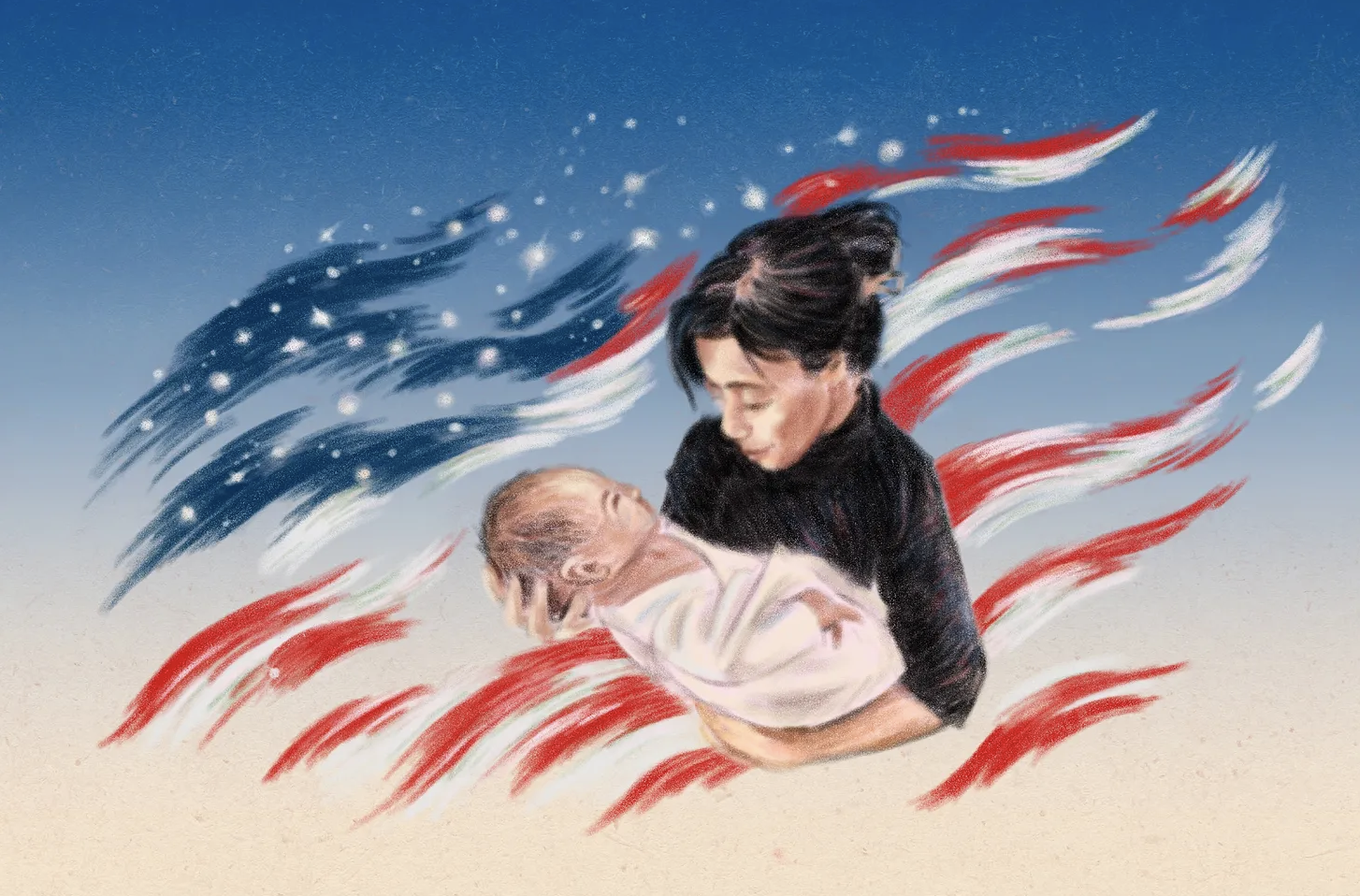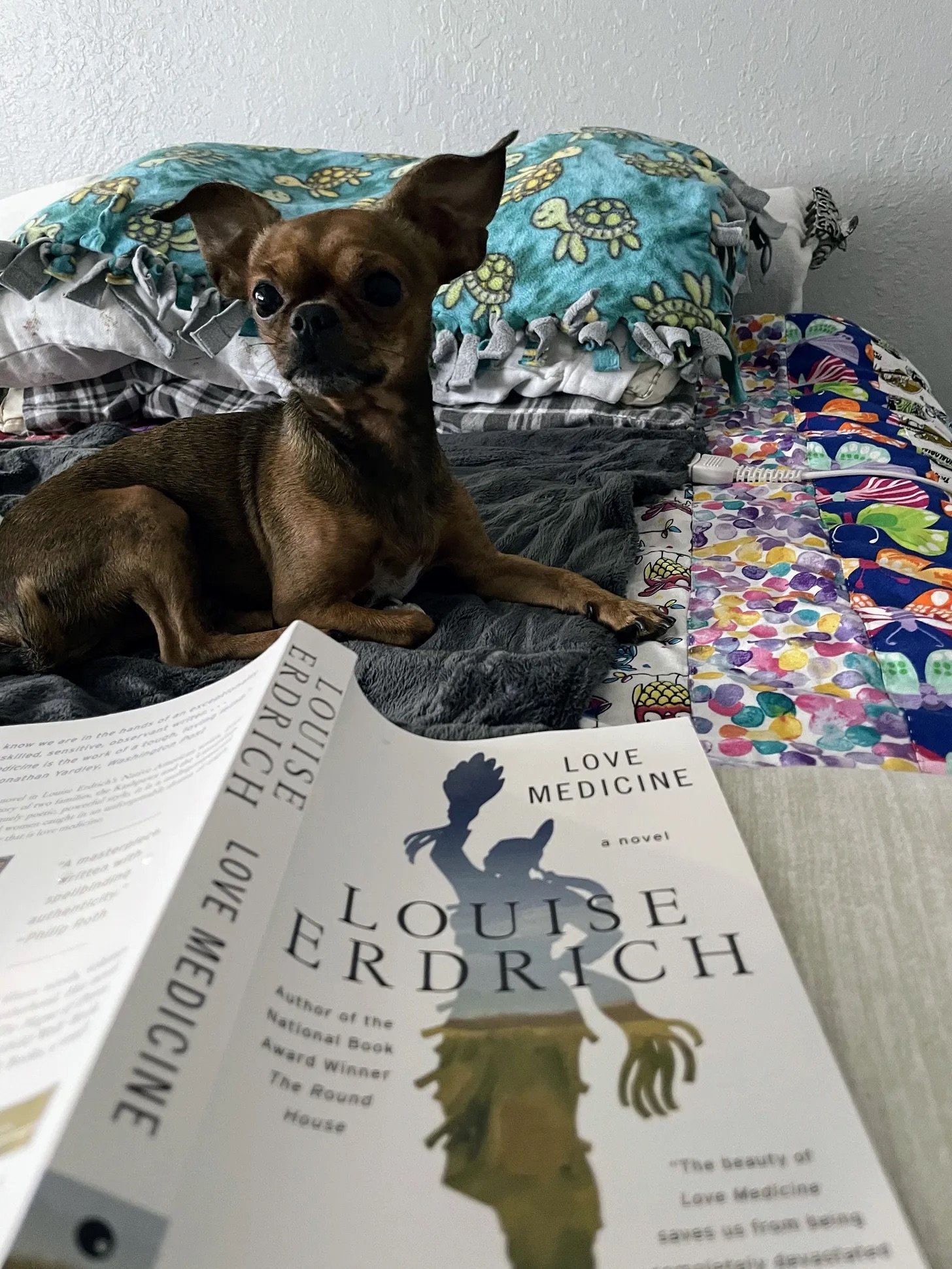A message of gratitude, an invitation, plus great articles on reading
Dear Loyal Readers,
This week we reached 1,000 subscribers. Thank you for supporting me, this newsletter, and our reading community. You may be like Ben, who subscribed long ago. Or you may be like Tim, who subscribed this week. Or you may be somewhere in between. No matter how long you’ve been here, I’m grateful. Thank you for trusting me to send you articles every Thursday on race, education, and culture.
Almost eight years ago, I launched this newsletter with a bold belief that I still hold today: If we read more of the best stuff, and if we connect with people about what we’re reading, then we might gain the knowledge and empathy to make ourselves a better world.
Some may say this was (and is) a naïve belief. Some may go further, calling it absurd. If you have ever felt this way, you’re not alone. I’ve felt this way, too.
After all, it seems like lately, no matter which way I turn, I’m hearing grim news: that nobody reads anymore, that our children don’t know how to read, that we’re growing more lonely and isolated, and there’s little we can do to turn things around.
But we can do things. And we are doing things. We’re building a kind, thoughtful reading community. Together we’re reading, annotating, and discussing the highest quality articles from a variety of publications. People from across the country who otherwise do not know each other are coming together to have moving conversations about the critical issues of our time. It’s happening, thanks to all of you.
✏️ Could we (re)introduce ourselves? I’d like that. Who are you and why do you read? What have you gotten out of The Highlighter Article Club (or what do you hope to get out of it)?
Emily Bazelon
This Month at Article Club
This month, I warmly invite you to read, annotate, and discuss “Why Is Affirmative Action in Peril?” as part of Article Club. Written by Emily Bazelon and published in The New York Times Magazine, the piece explores why the Supreme Court will most likely strike down affirmative action next month. Instead of focusing on the current cases before the Court, however, Ms. Bazelon instead explains the history of affirmative action and analyzes the legal precedent set in Regents v. Bakke, the 1978 decision that banned racial quotas but stated that colleges may use race as a factor in admissions to advance the goal of diversity. Nearly 50 years later, Ms. Bazelon writes, today’s much more conservative court may find that affirmative action’s diversity rationale may be similar to abortion’s privacy rationale — way too flimsy to survive.
Are you interested? If so, sign up for our discussion on Sunday, May 21, 2:00 - 3:30 pm PT. If this will be your first time participating in Article Club, I’m 100% sure you’ll find that you’ll feel welcome. We’re a kind, thoughtful reading community. Feel free to hit reply and ask me all your questions.
Judy, who belongs to loyal readers Christsna and Joel, likes sitting in the sun, snuggling, and running with her buddy Johnny Cash. Want your pet to appear in The Highlighter? hltr.co/pets
This Week’s Articles
This week’s articles center on the theme of reading — the role of reading in our lives, why it’s important, how we’re shaped by reading, and whether we’re teaching our young people how to read wrong. Here they are, hope you enjoy them.
A Pilgrimage for Book People • by Charlie Becker • Castles in the Sky • 20 min
Charlie Becker grew up in Houston with a dad who was a book person. What this meant was that every summer, his dad would load the kids in the van and drive 18 miles to Chicago in order to participate in the annual Brandeis Book Sale. This article is not only a poignant and nostalgic memoir of Mr. Becker’s childhood. It’s also a love letter to reading and an ode to the power of books.
What separates book people from others is that they regard a book as more than the sum of its parts. Once the words are down and the book is printed, something special happens, and the book ascends to a new dimension of meaning. It would be a mistake to think of book people simply as enthusiasts, the way you would other collectors or hobbyists. Particularly with the type of book person who showed up to Brandeis, there are better words to describe them: acolytes, adherents, devotees, fanatics.
You Are What You Read • by Maryanne Wolf • Tufts Magazine • 15 min
Reading is an amazing, fantastical thing, Prof. Wolf writes in this outstanding essay. Not only does reading let us “leave our own consciousness,” it also allows us to “try on, identify with, and even enter for a brief time the wholly different perspective of someone else.” But how does this all happen? Remember, humans were never meant to read. Reading isn’t an innate human skill, like speaking. You gotta give credit to our brains for their plastic ability to build neural networks, Prof. Wolf argues, as she takes us through the science of it all.
Words on the Brain • by Bartholomew Pawlik • Lateral • 20 min
Read nonfiction if you want to learn about the world and build knowledge of systems so that you can act to change them. But if you want to grow your empathy, this article explains, novels are the way to go. Fiction helps us construct a “theory of mind,” or the ability to understand others and infer their beliefs and desires. Cognitive pyschologist Keith Oatley says that reading fiction is like using a flight simulator for life. We can try on new situations, take on perspectives, and rehearse different approaches without also suffering the potentially negative consequences of the real world.
Teaching the Biliterate Brain • by Holly Korbey • MIT Tech Review • 15 min
Step inside an English classroom today and more likely than not you’ll observe students staring at a Chromebook screen rather burying their noses in books. This trend, which accelerated during the pandemic, has not abated. Journalist Holly Korbey investigates research demonstrating that reading on screens leads to worse comprehension than reading in print. But instead of telling teachers to shun computers altogether, she takes a measured approach, relying on nuanced suggestions by cognitive scientists (like Prof. Wolf).
Thank you for reading this week’s issue.
If you like The Highlighter Article Club, please help it grow. I really appreciate your support. Here are two ways you can help out:
📬 Invite your friends to subscribe. Know someone who’s kind, thoughtful, and loves to read? I’d love it if you encouraged them to subscribe. Word of mouth is by far the best way to strengthen our reading community. Thank you for spreading the word.
Share The Highlighter Article Club
❤️ Become a paid subscriber, like Jenn (thank you!). You’ll join an esteemed group of readers who value the mission of The Highlighter Article Club. Plus you’ll receive surprise perks and prizes. It’s $5 a month or $36 a year.
On the other hand, if you no longer want to receive this newsletter, please feel free to unsubscribe. See you next Thursday at 9:10 am PT!


















